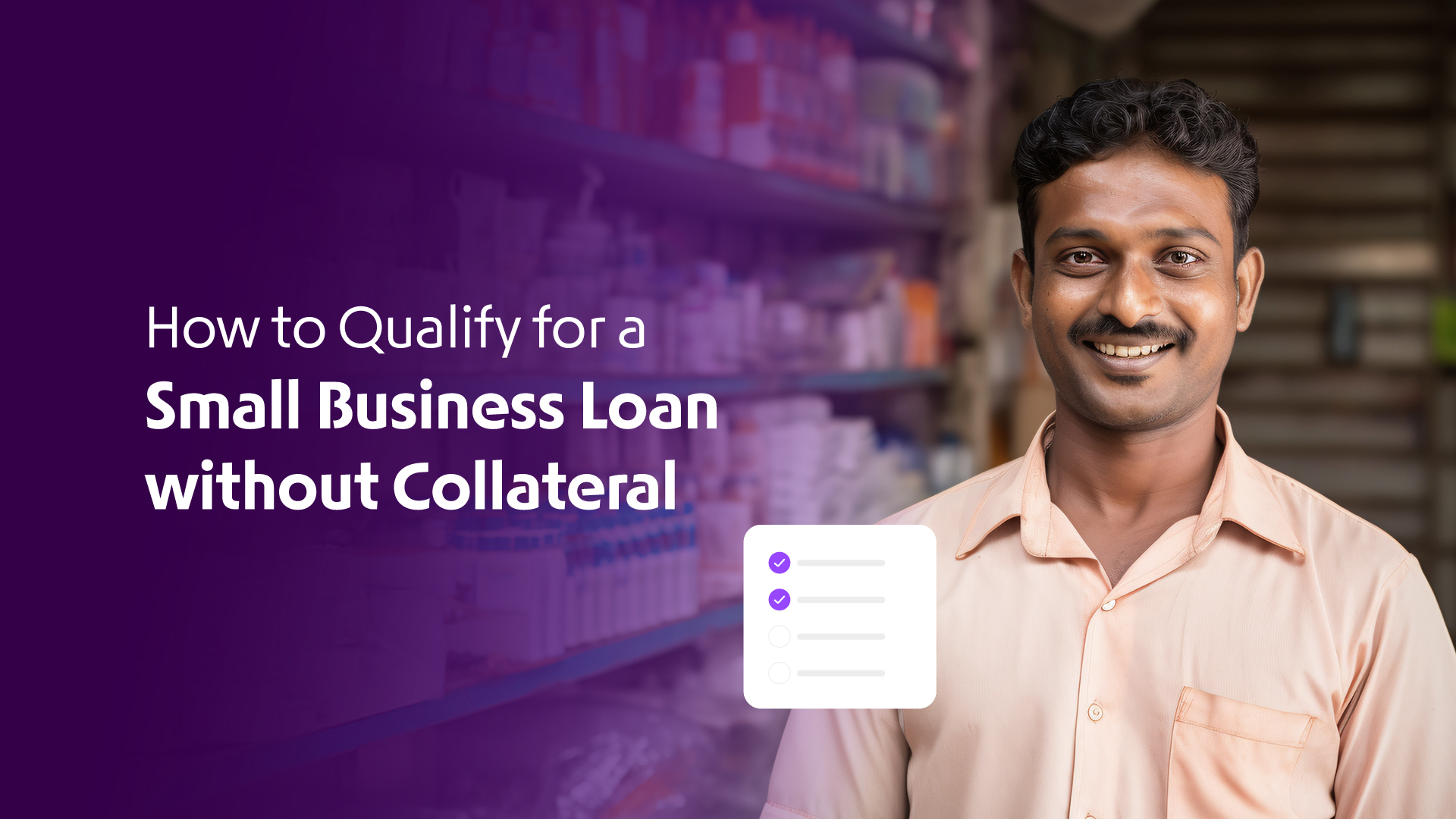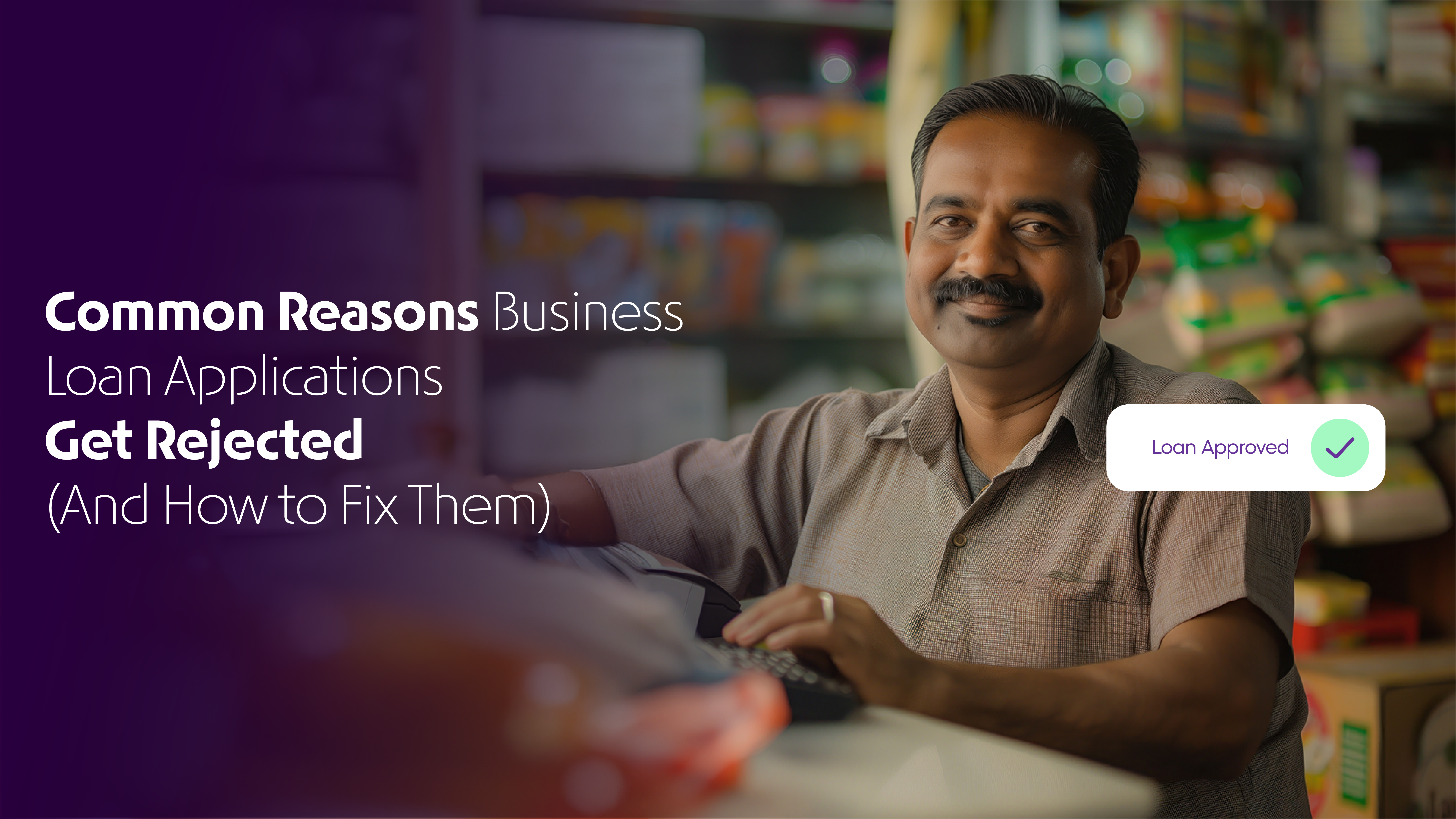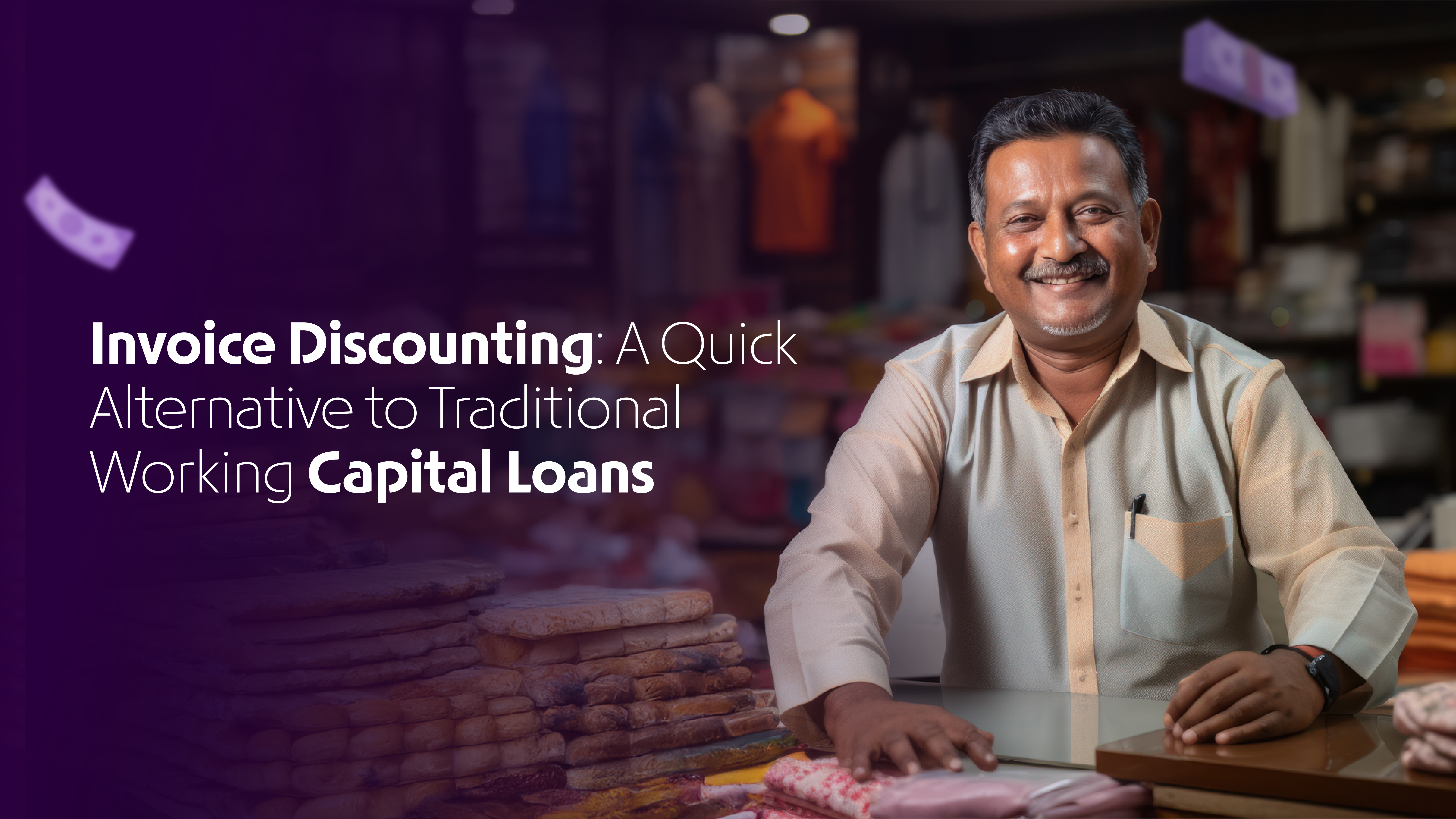Starting or expanding a business often requires more than just a great idea, it needs funding at the right time. For many entrepreneurs, the challenge is that traditional loans often demand collateral such as property, machinery, or other valuable assets. This can feel like a roadblock, especially for startups or small businesses that don’t yet have significant assets to pledge.
The good news is that there are ways to secure funding without risking personal or business assets. In this guide, we’ll walk you through how to apply for business loan for startup without collateral, what lenders look for, and the steps you can take to improve your chances of approval.
Understanding What “No-Collateral” Really Means
A loan without collateral, often called an unsecured loan, is one where the lender relies on your creditworthiness and business performance rather than a physical asset to guarantee repayment. While these loans don’t require you to pledge property or equipment, they still involve responsibility, lenders assess your ability to repay based on financial records, cash flow, and business plans.
It’s important to note that unsecured loans generally have stricter eligibility criteria and sometimes higher interest rates compared to secured loans. This is because the lender takes on more risk. Knowing this in advance helps you prepare your application in a way that addresses lender concerns.
Common Types of No-Collateral Business Loans
When exploring options, you’ll find several financing products designed for entrepreneurs who can’t or prefer not to pledge collateral. These include:
- Unsecured Term Loans – A lump-sum loan repaid in fixed monthly instalments.
- Business Credit Cards – Useful for short-term expenses, with flexible repayment options.
- Invoice Financing – Allows you to borrow against pending invoices.
- Merchant Cash Advances – Funding based on projected sales, repaid through daily or weekly deductions from revenue.
- Government-Backed Schemes – Certain small business financing programs provide partial guarantees to lenders, reducing the need for collateral.
Each option comes with different terms, so it’s worth comparing them before deciding which fits your needs best.
What Lenders Look for Instead of Collateral
When you apply for a loan without collateral, lenders focus on factors that demonstrate your repayment ability. These typically include:
- Credit Score and Credit History
Your personal and business credit scores are often the first things lenders check. A strong track record of timely repayments on past loans or credit cards increases your credibility. - Business Vintage and Stability
Established businesses with consistent operations are seen as less risky. For startups, lenders look for a solid business plan and early signs of revenue growth. - Steady Cash Flow
Lenders review bank statements to see if your business generates enough income to handle monthly repayments. - Revenue Trends
Even if your business is young, showing a positive trend in sales and revenue can work in your favour. - Industry Outlook
Businesses in stable or growing sectors are more attractive to lenders than those in industries facing frequent downturns.
Steps to Improve Your Chances of Approval
If you’re wondering how to apply for business loan for startup without collateral and actually get approved, preparation is key. Here’s how to strengthen your application:
a. Build Your Credit Score
If your score is on the lower side, take time to improve it by repaying existing debts, avoiding late payments, and keeping your credit utilisation low.
b. Keep Financial Records Organised
From bank statements to profit and loss statements, your paperwork should be accurate and up-to-date. This demonstrates professionalism and helps lenders assess your repayment ability quickly.
c. Show Consistent Revenue
Even a few months of stable income can make a difference. If your revenue fluctuates, be ready to explain the reasons and show how you plan to manage cash flow.
d. Present a Solid Business Plan
For startups, a clear plan with realistic projections is essential. Highlight your business model, target market, and strategies for growth.
e. Reduce Outstanding Debts
Lenders may hesitate if your existing liabilities are high. Paying down some debts before applying can make you a stronger candidate.
Documents Required for an Unsecured Loan
To apply for an instant business loan without collateral, you’ll need to provide certain documents that help lenders verify your identity, financial health, and business legitimacy. While exact requirements vary by lender, the most commonly requested documents include:
- KYC Documents – Aadhaar, PAN, and address proof.
- Business Registration Proof – GST registration certificate, partnership deed, or incorporation certificate.
- Bank Statements – Usually for the past 6–12 months.
- Income Tax Returns – Often for the last 1–2 financial years.
- Financial Statements – Profit and loss statement, balance sheet.
- Business Plan – Especially important for startups without a long operational history.
- GST Registration Documents – If available.
Keeping these documents ready in advance can speed up the approval process and reduce back-and-forth with the lender.
Alternative Strategies if You Don’t Qualify Yet
If your application for an unsecured loan is rejected, it doesn’t mean funding is out of reach. Consider these alternatives:
- Start with Microloans – Smaller loans are easier to qualify for and can help you build a repayment record.
- Peer-to-Peer Lending – Online platforms connect borrowers directly to individual lenders.
- Crowdfunding – Raise funds from a group of supporters or customers in exchange for rewards or equity.
- Co-Signer or Guarantor – A trusted individual with a strong credit profile can strengthen your application.
These options can serve as stepping stones until your business is strong enough to secure larger loans without collateral.
Common Mistakes to Avoid
When applying for an instant business loan without collateral, avoid these pitfalls:
- Submitting Incomplete Applications – Missing documents can delay or derail approval.
- Applying to Multiple Lenders at Once – This can lower your credit score and signal desperation to lenders.
- Overestimating Your Repayment Capacity – Borrow only what your cash flow can support.
- Ignoring Loan Terms – Always review interest rates, processing fees, and repayment schedules before signing.
Conclusion
Qualifying for a small business loan without collateral is possible with the right preparation. Focus on building your creditworthiness, keeping your financial records transparent, and choosing the right type of loan for your needs.
If you’re exploring how to apply for business loan for startup, remember that lenders need to see evidence of both your business’s potential and your ability to manage repayments responsibly. With proper planning, an instant business loan without collateral can become a reality — helping you move your business from idea to execution without putting your assets at risk.
At OPEN Capital, we simplify this journey by connecting businesses with trusted lending partners and quick access to unsecured loans, so you can focus on growing your business while we handle the heavy lifting.



